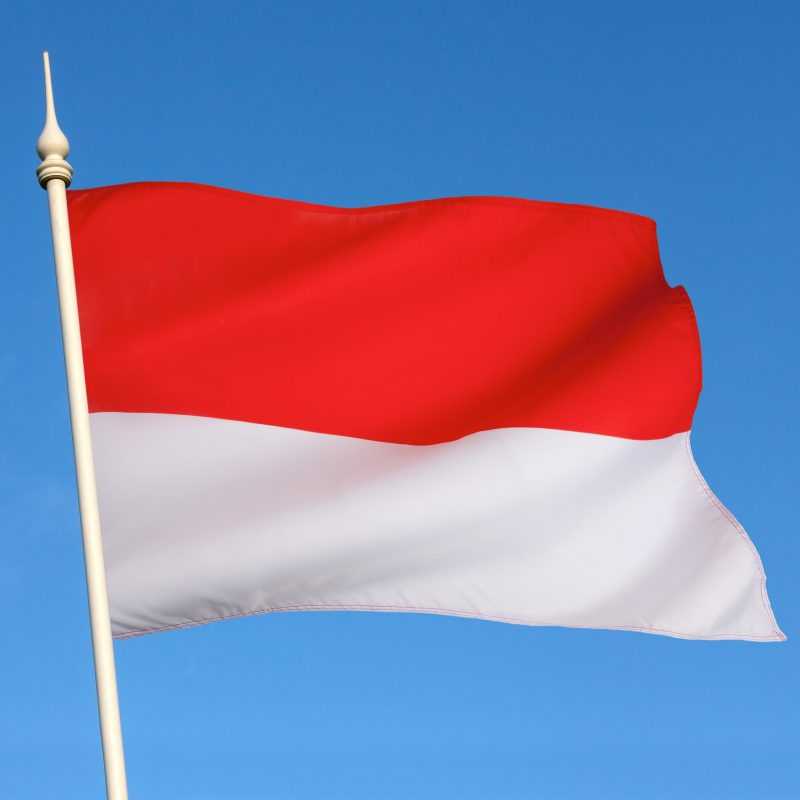
Indonesian President Prabowo Visits Beijing and Washington
November 22, 2024
Once I was invited [to visit] by China, America also invited me. Wow, an invitation from both superpowers? I couldn’t possibly refuse that, right? For the sake of the [Indonesian] people, I must attend!
– President Prabowo Subianto
Indonesia’s new President, Prabowo Subianto, made back-to-back stops in Beijing and Washington, D.C., between Nov. 8-12 on his way to his first Asia-Pacific Economic Cooperation (APEC) Summit as Indonesia’s leader. Guiding Indonesia’s foreign policy is the principle of non-alignment, or sometimes phrased as “a thousand friends, zero enemies.” There is considerable discussion regarding how Prabowo will uphold Indonesia’s neutrality amid U.S.-China tensions.
However, there is enormous merit in close cooperation with both the United States and China that goes beyond any consideration of geopolitical competition—Indonesia needs the United States and China. Prabowo’s central economic goal is to boost GDP growth to 8% per year, a rate considered necessary to escape the “middle income trap.” To do this, Indonesia will need investments, technology and market access from both China and the United States. Thus, Prabowo’s visits to Beijing and Washington are first and foremost about strengthening the economic ties that will be critical to his presidency.
Alongside President Prabowo’s meetings with Chinese President Xi Jinping and U.S. President Joe Biden, and a highly publicized courtesy phone call with President-elect Donald Trump, was a flurry of activities across a wide range of topics, including renewable energy, critical minerals and the digital economy.
In Beijing, there were substantial economic and infrastructure deals, including energy, joint-industrial parks and tech. China signed agreements on nickel and support for Indonesia’s down streaming ambitions. Health care and human resource development were also highlighted.
While in Washington, there was an emphasized strategic cooperation on global challenges like the climate crisis and supply chains and support for Organization for Economic Co-operation and Development (OECD) membership. There were also tangible investments in energy and health care. Partnership on critical minerals, an Indonesia and United States priority, were pointed to but no clear agreement emerged.
Beijing
These agreements spanning a wide range of sectors are still in their preliminary phases. However, there are clear signs that the cornerstone of Prabowo’s economic and foreign policy is the strengthening of the political framework that welcomes private sector participation from both countries.
The piece was co-authored by APCO intern Pier Ballo.